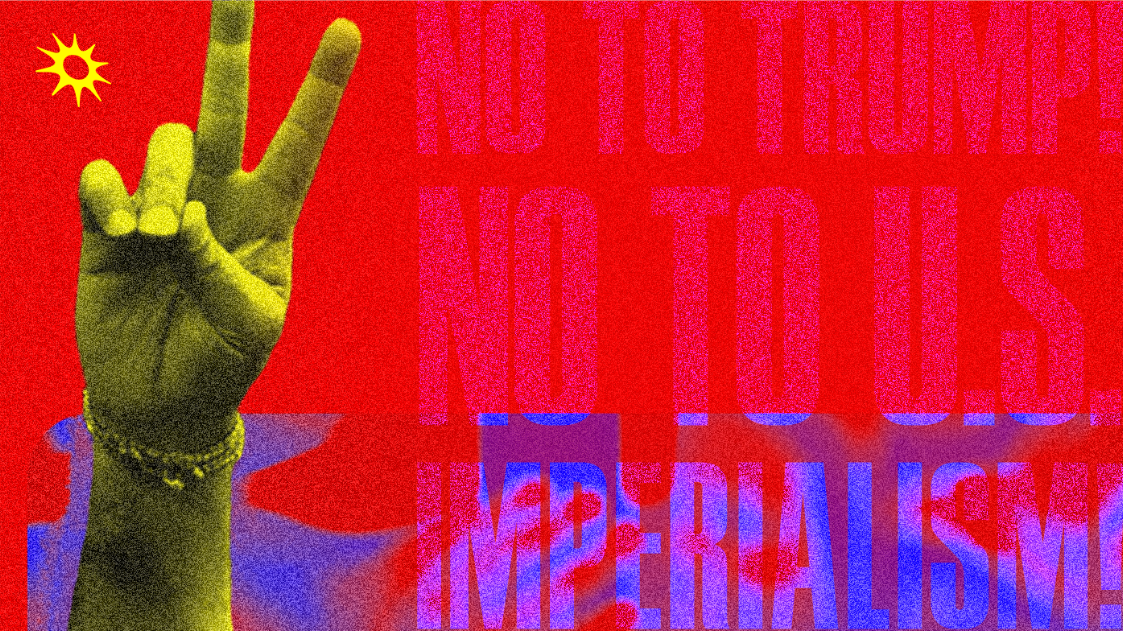Detention of Palestinians in Israeli prisons: a daily human rights violation
Beneath the surface of daily headlines on occupation and conflict, a quieter tragedy persists in the shadows behind prison walls. More than 10,300 Palestinians—men, women, and children—are currently held in Israeli prisons. Their imprisonment tells a deeper story: one of systematic control and the criminalization of Palestinian existence.
Israel’s carceral system is not simply punitive—it is political. It serves as a tool of collective punishment and population control. Thousands of detainees are incarcerated based on charges that range from protest participation to vague accusations. Many have not been convicted of any crime at all. Instead, they are held under administrative detention—a controversial and widely criticized practice used by Israeli authorities, in which individuals are detained without charge or trial. There are around 3,498 Palestinian detainees held under administrative detention orders.
These detainees are often held for indefinite periods. In some cases, detainees are held for years based on secret evidence that neither the detainee nor their lawyer can access. This practice violates international human rights standards. Administrative detention is often used as a means of silencing political dissent, with many detained individuals being activists, political leaders, and human rights advocates.
Over 89 Palestinian women are currently held in Israeli prisons. Many are activists, students and mothers. Their suffering is twofold: they endure the same harsh treatment as male prisoners, while also facing gender-specific abuses, including strip searches, sexual harassment, and deliberate humiliation.
Many of these women are mothers of young children, some of whom were infants at the time of their arrest. In addition to the women’s situation, approximately 400 Palestinian minors (under 18 years old) are currently detained in Israeli prisons. Many of these children are arrested during night raids, which often involve violent tactics such as physical intimidation and psychological abuse. Many minors are subjected to coercive interrogation tactics, including threats, verbal abuse, and physical force to extract confessions, according to organizations such as Defense for Children International – Palestine.
Deportation policy
During the recent aggression, a new issue emerged: the enforcement of deportation agreements for released detainees. Under the latest agreement, dozens of prisoners were forcibly transferred to Gaza or exiled abroad, instead of being allowed to return to their homes in the West Bank or Jerusalem. This measure, considered a violation of international humanitarian law, severs former prisoners from their communities, families, and vital support networks they need after release. For many, “freedom” after release becomes merely a new form of exile.
Moreover, the acceptance of released prisoners by different countries is often selective. This was evidenced by the case of approximately 192 released prisoners who remained in Egypt, waiting for some of them to be relocated to other countries.
Psychological torture and assassinations in detention
The Israelis use solitary confinement frequently, sometimes for months at a time, particularly against high-profile political prisoners or those accused of organizing resistance inside prison. Detainees are locked in tiny, windowless cells for 23 hours a day. Contact with other prisoners, family visits, and access to books or media are denied. The psychological effects are profound: depression, hallucinations, and post-traumatic stress. The United Nations has classified prolonged solitary confinement as torture, yet Israel continues its use with impunity.
Since 1967, at least 296 Palestinian prisoners have died in Israeli custody. The causes range from torture and beatings to medical negligence—a common complaint among prisoners. Israel continues to withhold the bodies of 68 prisoners, including 57 who have died since the start of the current aggression.
Conditions inside Israeli prisons are notoriously dire. Over 1,000 prisoners are currently suffering from serious medical conditions, including cancer, diabetes, and kidney failure. Access to health care is delayed or denied altogether.
The unseen victims: families left behind
The imprisonment of Palestinians doesn’t end at the prison gate. Entire families suffer the consequences. Children grow up without parents. Wives wait decades for husbands. Elderly parents die before seeing their sons freed. Family visits—when permitted—are tightly controlled.
Beyond the emotional strain, families face economic hardship, social stigma, and psychological trauma. For many, the arrest of a loved one is only the beginning of a long and painful ordeal.


